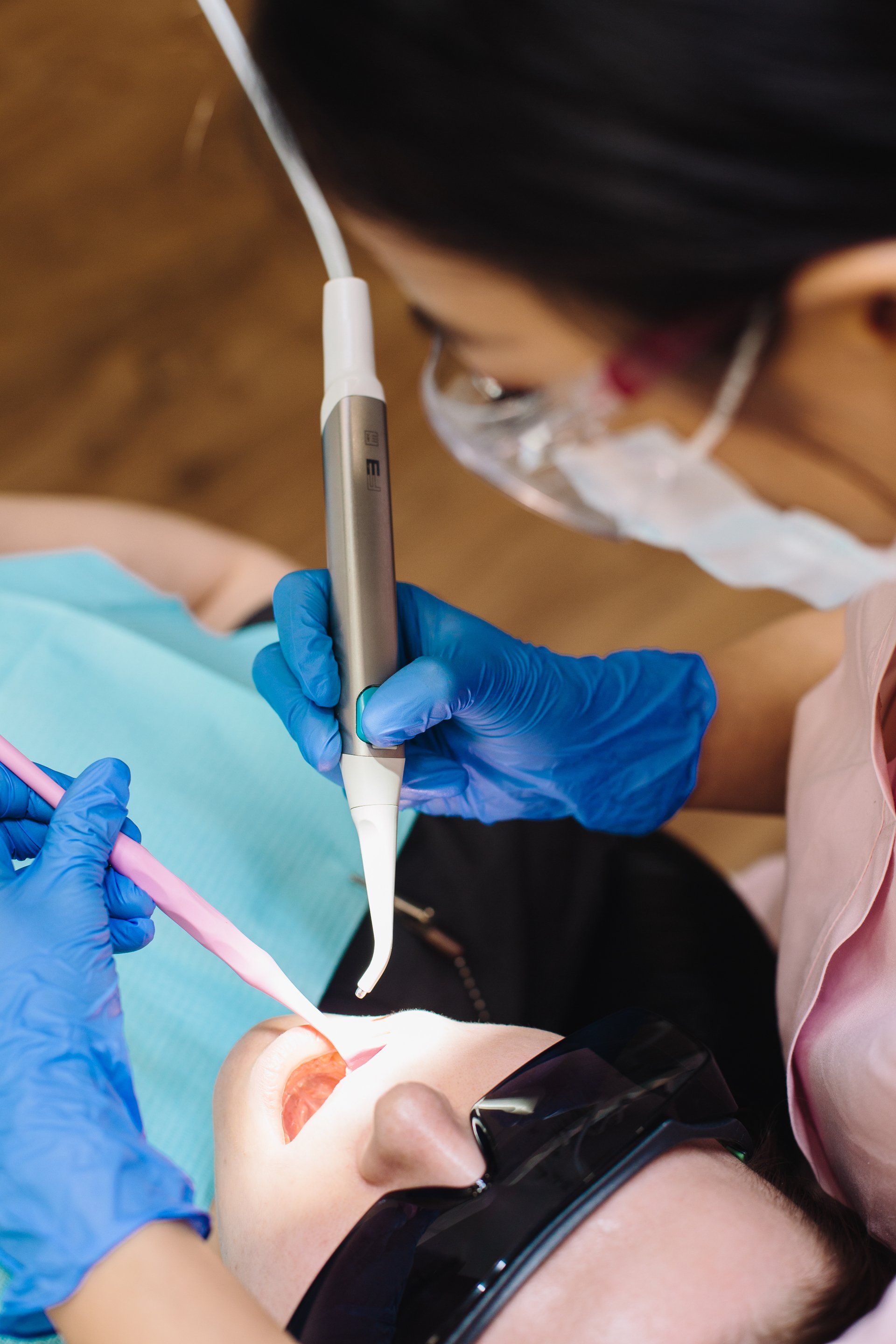Can tooth enamel be strengthened?
Can tooth enamel be strengthened?
Tooth enamel is the hardest tissue in the whole body; it consists mainly of inorganic molecules which are hydroxyapatite crystals and the rest is an organic component.
Hydroxyapatite gives the tooth its strength to bear masticatory forces.
As we get older, teeth lose their minerals, and that makes them weakened, as by losing the component of the tooth which is responsible for strength and durability, the tooth is more vulnerable to:
1-Dental caries:
When the tooth is demineralized, bacteria more easily act on the food and form acids acting on the teeth’ enamel, causing dental caries.
2-Cracks and fractures:
Being demineralized means losing the protective component of the tooth and therefore it can’t withstand stresses and easily becomes cracked or fractured.
A must-know is that unfortunately, once tooth enamel is lost, it can’t return to its original state, as this process is irreversible.
Talking about hydroxyapatite crystals, their stores can be replenished before caries occurrence and the first compensation for these lost minerals is saliva, as saliva contains large amounts of calcium and phosphate.
But keep in mind that whatever your tooth state is, you can still prevent further demineralization and weakening by strengthening your tooth enamel, and that’s by simple steps:
1- Brushing your teeth regularly:
Brushing teeth 2 times/day removes the bacteria that may cause demineralization and caries.
2-Using a fluoride-containing toothpaste and mouthwash:
Fluoride is known to be very effective in protecting the tooth from further demineralization, as when fluoride is incorporated in the tooth, fluorapatite is formed, which is more insoluble than hydroxyapatite and this makes the tooth more resistant to demineralization.
3- Eating a healthy diet:
A healthy diet is a key factor in promoting oral health and protecting teeth from demineralization. Eating acidic and sweet food and drinks regularly forms a caries-promoting medium around the tooth and therefore loss of minerals and enamel loss becomes easy to occur.
There are certain foods that you can consume more as fruits and vegetables and that’s because they are rich in fiber so can easily remove all food residues and bacteria from the tooth surface.
Irrespective of the type of food you eat, the frequency is more important than the quantity.
4-Drinking a lot of water:
Drinking water doesn’t only have benefits for your general health but also it’s very important regarding oral health, as the water rinses off any food or drinks from your tooth surface and also dilutes any acids present.
5-Choosing non-sugar alternatives:
Now it is clear that sugars are acted upon by bacteria in our mouth and produce acids that consequently demineralize teeth, so trying to find healthy alternatives to your sugary foods or drinks will be a game changer.
If enamel is already highly demineralized or lost, it is essential to visit the dentist, as, at that time, he can do some procedures to prevent further tooth weakening and loss:
1- Use a fluoride varnish.
2-Use a sealant for a demineralized fissure.
3-Remove and restore lost enamel.
4-Make crown or endo treatment.
Tooth enamel is the shield that protects the teeth, that’s why preventing their demineralization, and strengthening it at a suitable time is a must.









